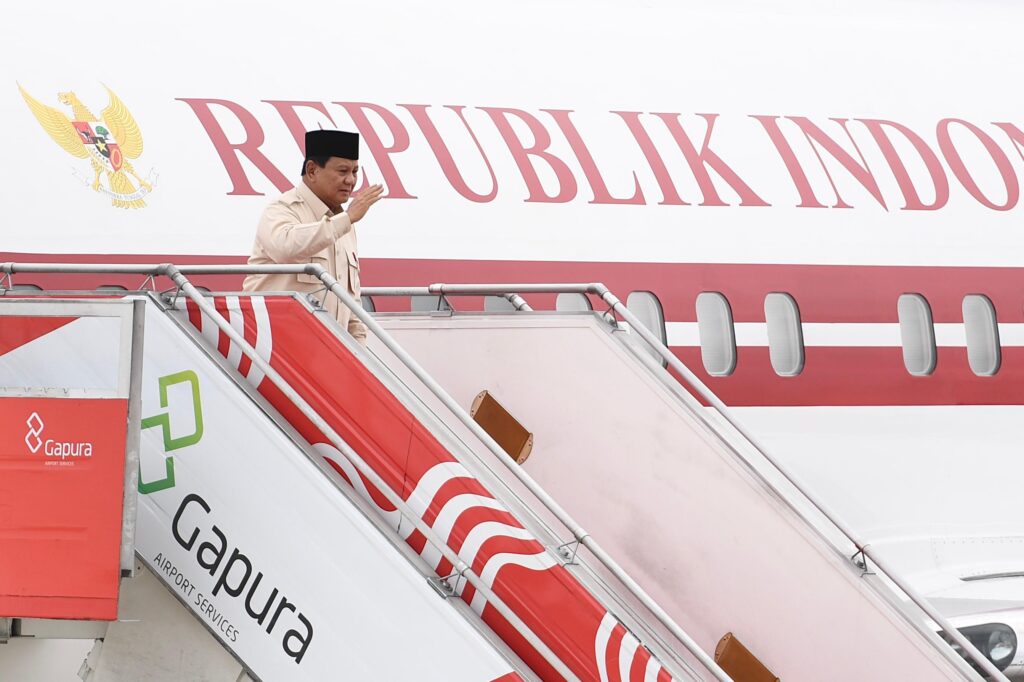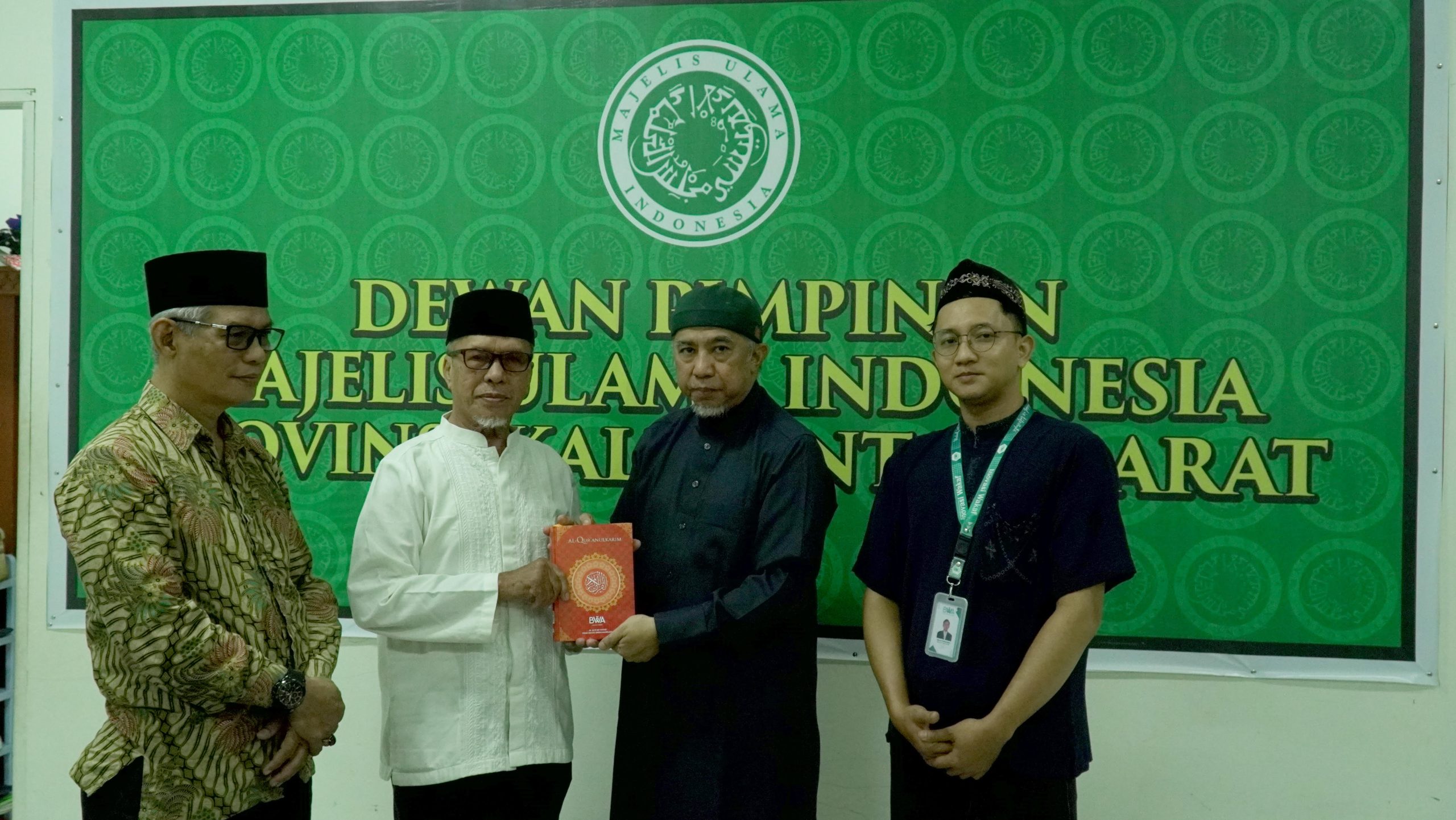Feature – China’s first Olympic champion cherishes golden memories
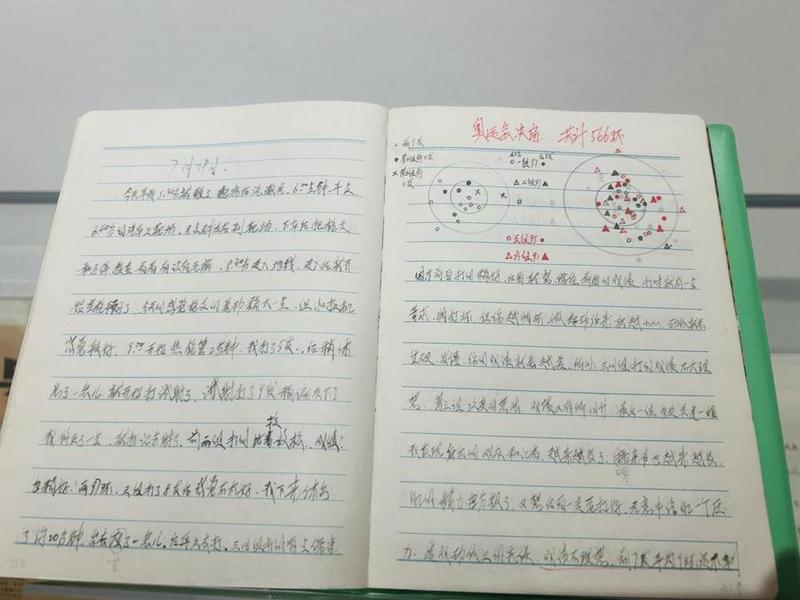
Hefei, China (Xinhua/Indonesia Window) – When Xie Yu, a 24-year-old Olympic debutant, emerged from behind to win an Olympic pistol gold, the scene was reminiscent of what happened in Los Angeles 40 years ago.
On July 29, 1984, Chinese sharpshooter Xu Haifeng narrowly defeated his Swedish rival in the men’s free pistol event at the Los Angeles Games, earning China its first-ever Olympic gold. “I have to control myself and give my all,” he wrote in a diary entry about how he felt then, which has been preserved to this day.
On the yellowed pages of his diary, Xu vividly detailed the competition on that day. The retired athlete donated the notebook with a green plastic cover to the Anhui Provincial Sports Museum in east China, where it is currently on display.
“In that era 40 years ago, our country needed a boost in our national pride,” recalled the 67-year-old.
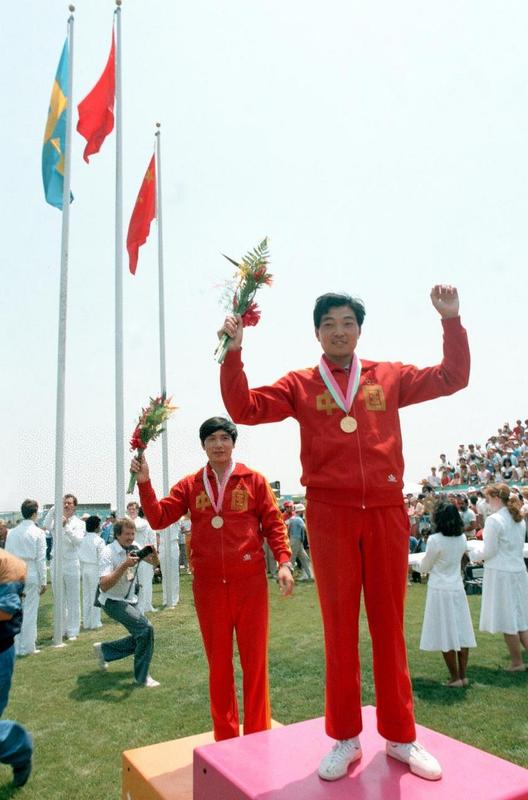
The 1932 Los Angeles Games saw Liu Changchun become the first Chinese to make an Olympic appearance and it was Xu’s victory at Los Angeles 1984 that was inspiring for Chinese people, once dubbed the “Sick Man of East Asia.”
Xu once penned a poem in his diary:
Big ambition, small steps,
Genius is one who can always learn;
Hard work, more practice,
Success is there for you to earn.
The entry was dated in 1979, the year when the People’s Republic of China resumed its lawful seat at the International Olympic Committee.
Standing in the Olympic arena, Xu knew that victory would be difficult. Material shortages were a major challenge for athletes shortly after China’s reform and opening up in 1978. The provincial team of Anhui had only two imported pistols reserved especially for competitions, and the bullets he used were imported in 1975 and were all moldy. Before competitions, he had to clean the bullets one by one with a piece of cloth.
In the entry about the Olympic competition, he wrote: “I was calm in the first two series when the results were okay. In the third series, however, I only scored an eight. I knew something went wrong. So I walked out and sat for a while to calm down.”
Xu returned about 20 minutes later. As the competition was approaching the end, more spectators gathered to watch, putting pressure on him.
After a few shots, he still couldn’t achieve his desired scores. “I realized that I couldn’t go on like this,” said the marksman. “I tried to muster up my spirit and refrained from firing until I felt good enough.”
When the competition ended, enthusiastic spectators rushed over to congratulate him or ask to take a photo together, but Xu was still nervous. At that time, there were no electronic screens to display the timely results, so they had to wait for half an hour.
It was perhaps the longest half-hour of his life, but it was worth the wait. Xu felt relieved after receiving the notice from the judges. “I didn’t let down my country and my compatriots,” he wrote. His teammate Wang Yifu snatched the bronze. It was such a big surprise for the organizers that they had to helicopter in a second Chinese national flag for the flag-raising ceremony.
In his diary, Xu chronicled each of his shots by drawing circles to symbolize the targets, while shots in different series were marked with different symbols such as dots and triangles in different colors.
“After each competition, I usually write down my measurements, the process, and a summary,” said the veteran shooter.
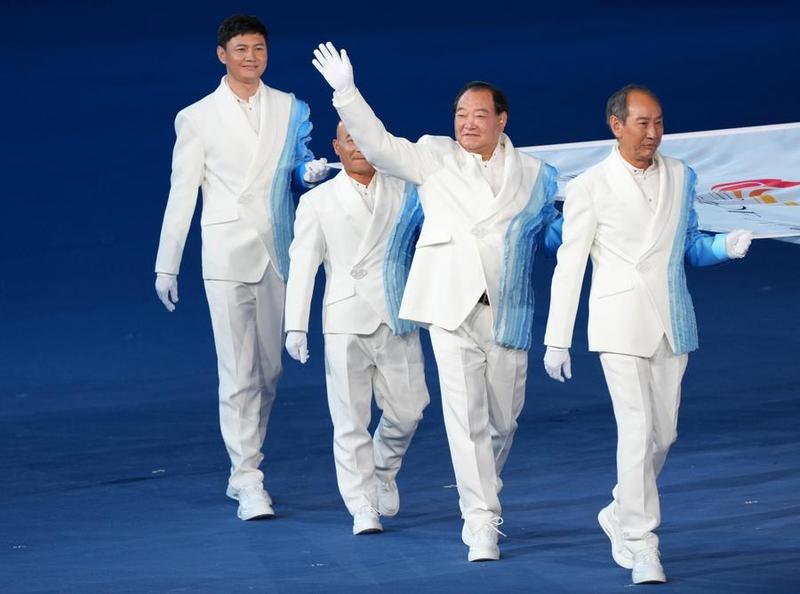
In the years that followed, he worked as a coach and sports official, but the habit of keeping a diary persisted. Throughout his career, he has filled dozens of notebooks, all of which he donated to the museum.
Former Olympic champions Li Duihong and Tao Luna were both his students. In 2004, he was the head coach of the Chinese shooting team when the shooters pocketed four Olympic gold medals in Athens.
Gone are the days when Chinese people eagerly anticipated a gold medal to prove the nation’s strength. In fact, since 2000, China has consistently been in the top three of the Olympic medal table.
“As the country developed, various industries thrived, and more gold medals were won. People’s focus on medals isn’t as strong as it used to be,” Xu told Xinhua.
He witnessed China’s economic and sporting development. This time, the country has sent a big team of 405 athletes to Paris, some of whom had trained overseas. As for shooting, Chinese shooters practice with the best pistols during training.
But Xu noted that a sporting powerhouse should be more than about Olympic gold medals.
“With the improvement of their livelihood, people’s desire for a better life has become ever stronger, and they attach more importance to fitness,” he said.
Although retired, Xu is still busy. “I hope that I can contribute more to China’s sports,” he said.
By Sportswriters: Bai Xu and Zhou Chang
End

.jpg)






